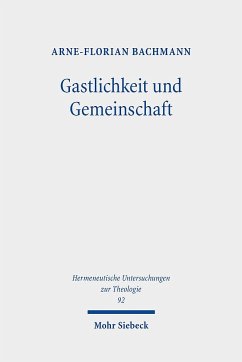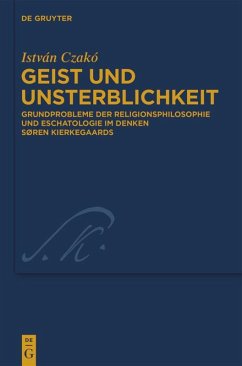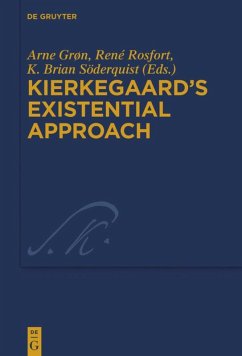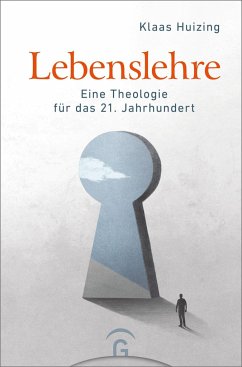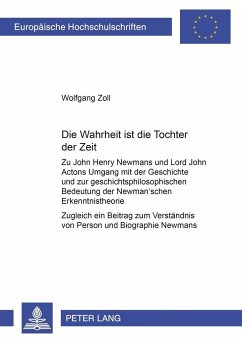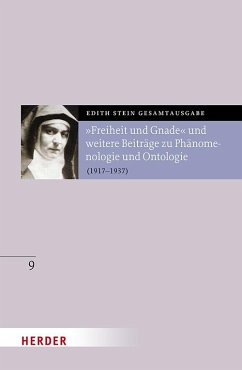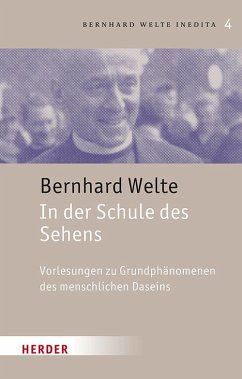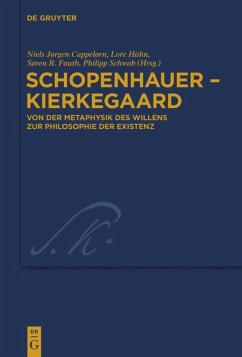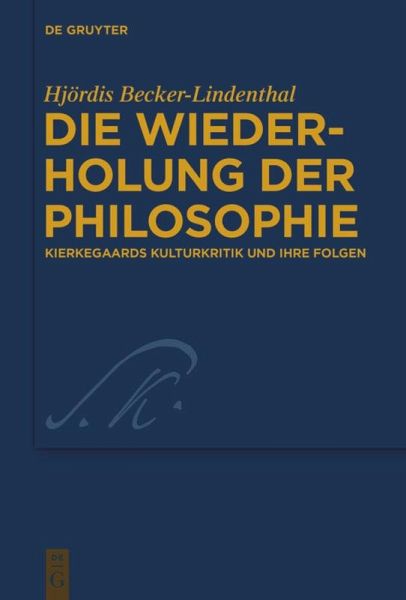
Die Wiederholung der Philosophie
Kierkegaards Kulturkritik und ihre Folgen
Versandkostenfrei!
Versandfertig in 6-10 Tagen
129,95 €
inkl. MwSt.
Weitere Ausgaben:

PAYBACK Punkte
0 °P sammeln!
Kierkegaard understood his thinking as philosophy confronting its own end. In campaigning against the existential amnesia of the 19th century, he reactivated the intellectual figure of a kind of philosophizing with roots in both the Socratic method and the apophatic reflections of Meister Eckhart. The Young Hegelians’ philosophy of action thereby became action of the text. The aim: to existentially move the reader.
Die Umbruchsphase des 19. Jahrhunderts, von Marx als Verwesungsprozeß des absoluten Geistes bezeichnet, provozierte die Philosophie zu einer radikalen Revision ihres Selbstverständnisses. Innerhalb dieser Diskursverschiebung ist Kierkegaards Position kaum beachtet worden. Eine erneute Lektüre zeigt, daß Kierkegaard wie die Junghegelianer eine Philosophie entwirft, die sich als Philosophie nach der Philosophie versteht und als Nichtphilosophie inszeniert. Die literarischen Maskeraden seiner Philosophie dürfen aber weder über ihre Verbundenheit mit der philosophisch-theologischen Tradition noch über ihren systematischen Gehalt hinwegtäuschen: Der falschen Verwirklichung der Philosophie durch ihre Allianz mit der Öffentlichkeit begegnet Kierkegaard mit dem Gestus der Wiederholung, der die sokratische Elenktik ebenso wie die Religiosität Meister Eckharts aktualisiert. Mit den Methoden der Historischen Semantik, der Konstellationsforschung und philosophiehistorischen Logotektonik analysiert die Studie die kulturkritischen Implikationen von Kierkegaards existentieller Philosophie. Im Vergleich mit den Junghegelianern und Rousseau wird Kierkegaards eigenwillige Antwort auf die postmetaphysische condition humaine deutlich vernehmbar.




